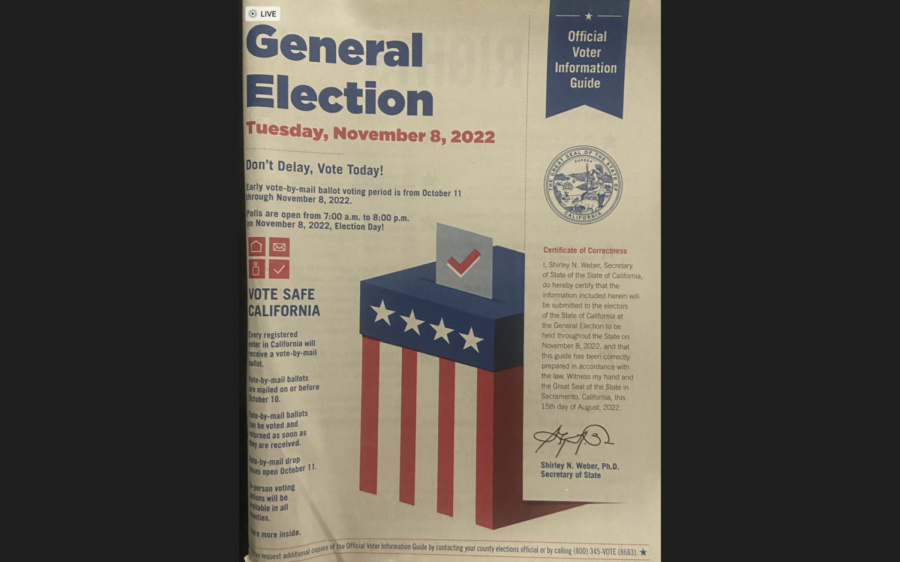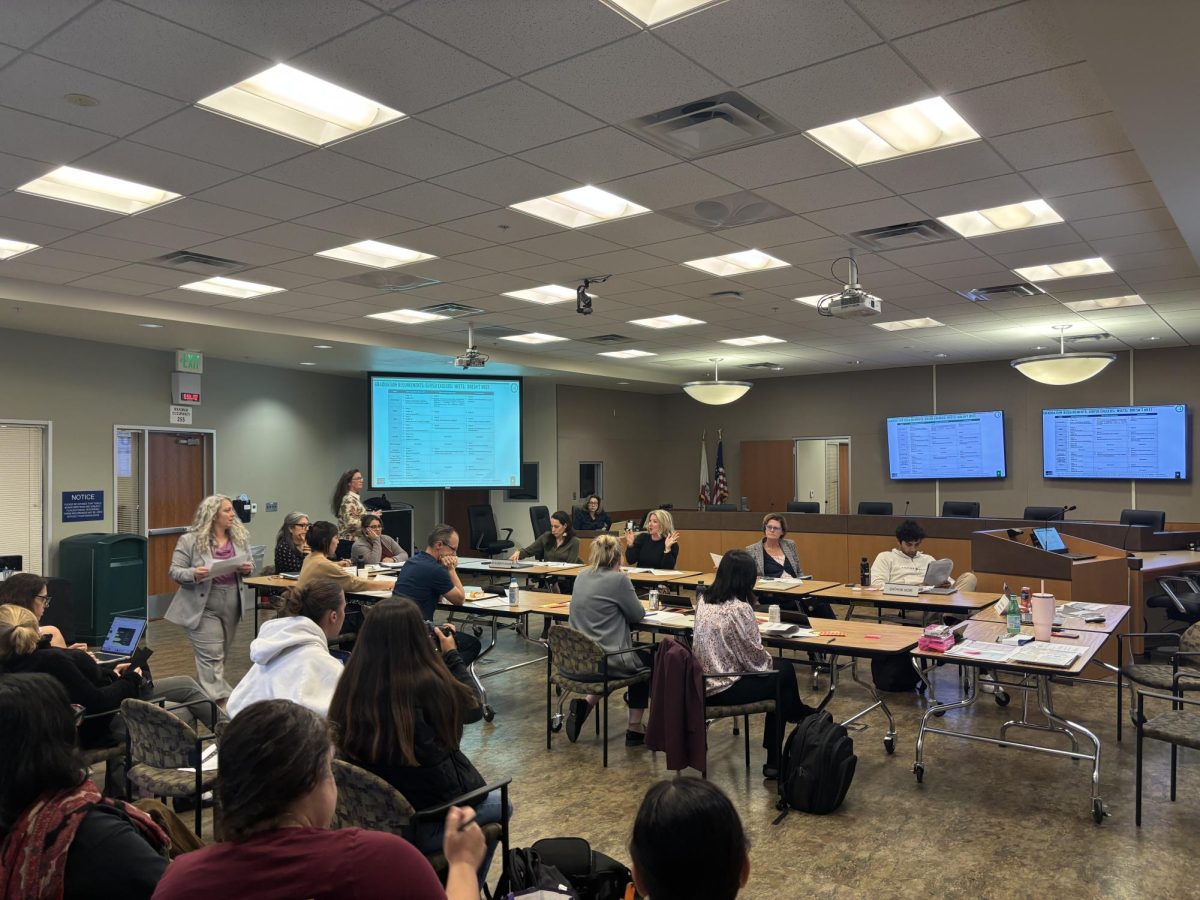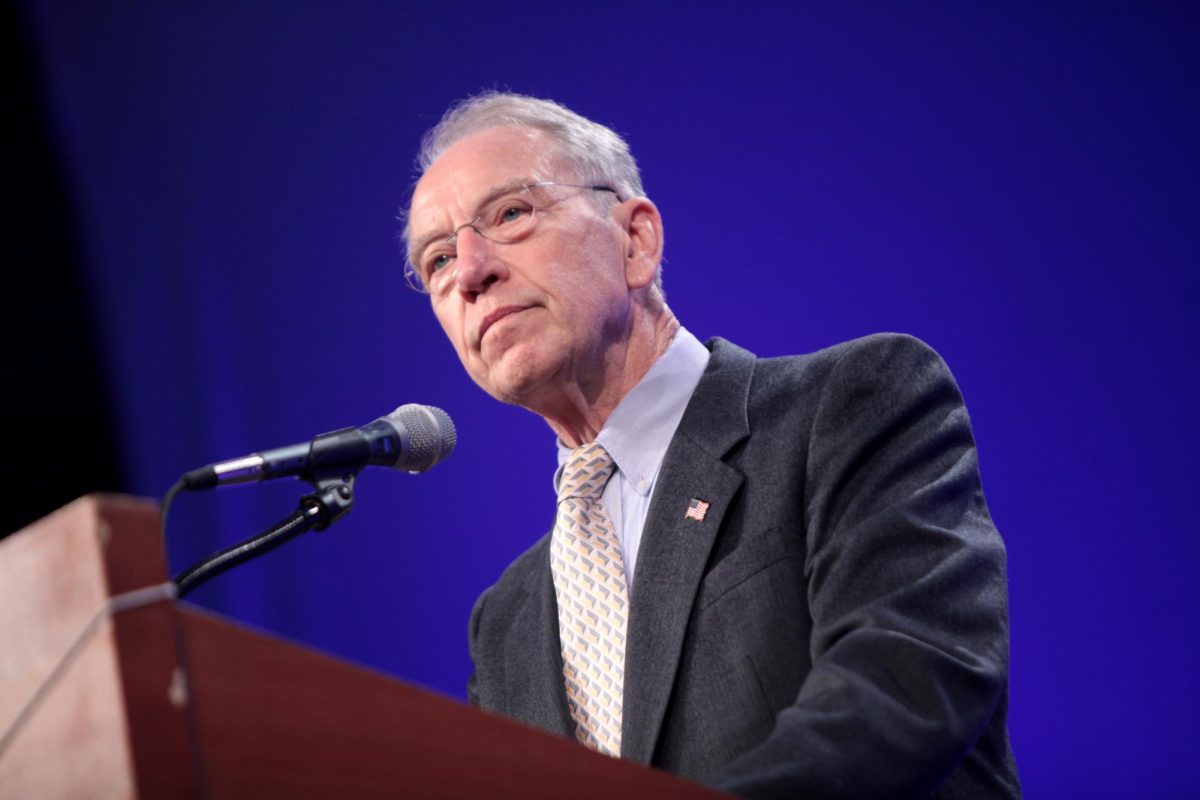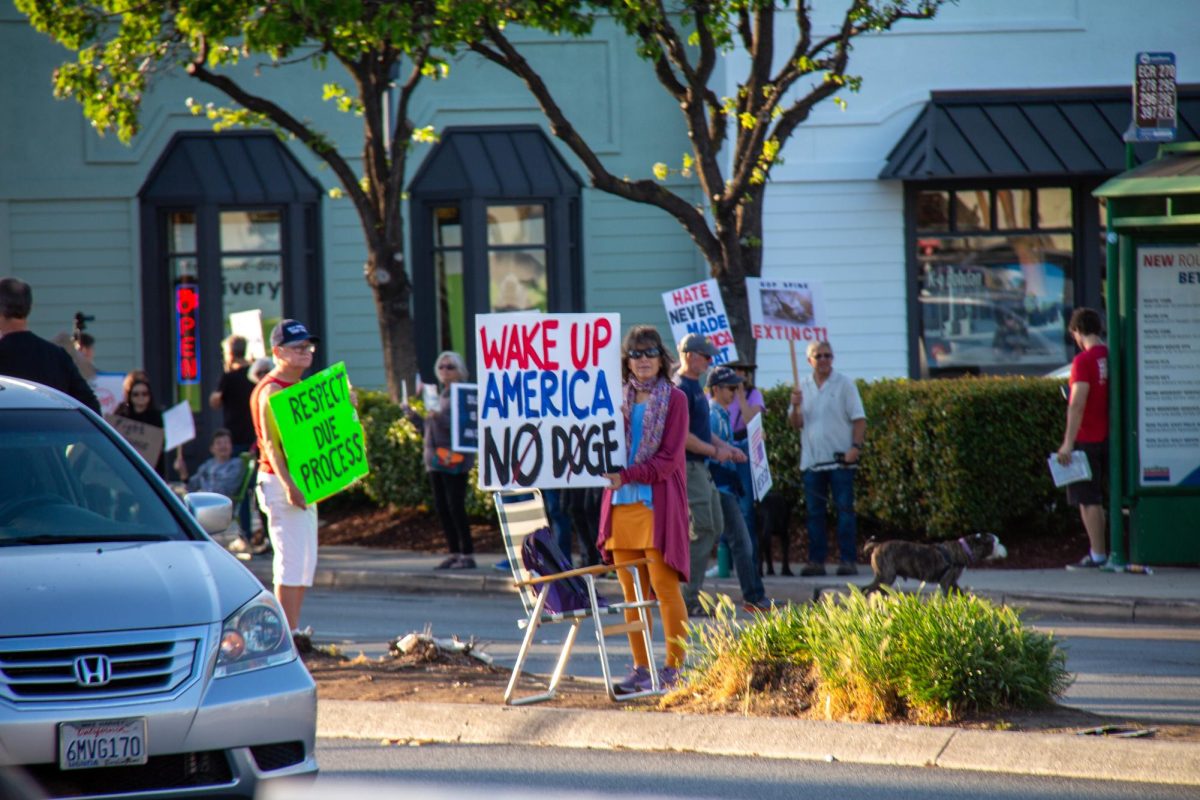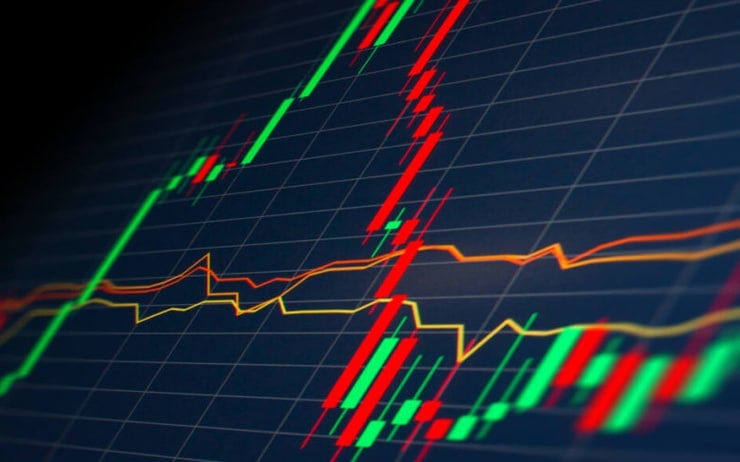Midterm elections are coming on November 8, and administrators and history teachers think it’s important that 18-year-old students vote.
AP US History and Government/Economics teacher Ramie Macioce thinks our students should participate in voting.
“It’s their [student’s] fundamental responsibility that they vote,” Macioce stated.
Macioce also discussed the importance of honoring the hard work many people in our society have put in to ensure that everyone in the United States has the right to vote.
“Throughout [the history of] our country people have worked hard and spent many years [to make] it possible to vote,” Macioce said. “So it is our responsibility to uphold [voting] and make sure to vote in the elections.”
Social studies teacher Kelly Dolan encouraged students to vote to bring more representation of the younger generations.
“Voter turnout is much lower for some groups than it is for others,” Dolan said. “Which is why we end up with inequitable, unfair, unrepresentative outcomes for pretty much every single election we have.”
He further explained the effects of having an unrepresentative vote that does not reflect true values shared in our society.
“One of the groups that has a particularly low voter turnout is younger people and as a result, younger people end up having less of a voice in any given election,” Dolan stated. “So you and your classmates are currently living in a world that is not shaped by the wishes, desires, concerns, and hopes of young people nearly as much as it is shaped by the wishes, desires, and hopes of old folks.”
History teacher Andrew Ho added on to this idea by explaining to students that their voices need to be heard given that decisions brought up in the midterm elections impact their livelihood.
“The new laws and new policies are going to impact students right from the moment they’re enacted,” Ho said. “For students to say their voice and represent their age group or their demographic is very important.”
A lot of information is covered in the November midterm elections, but Macioce went over what students should pay attention to from a local, and federal standpoint.
“They [students] need to know if there’s City Council that’s up for grabs, considering where they live,” Macioce said. “Then they [students] should see what seats are open for local elections as well as those on the federal level.”
Charles Velschow, one of Woodside’s Administrative Vice Principals (AVP) brought up an example of local events that students should be aware of before they vote.
“There’s going to be a measure on the ballot to pass a bond measure which is going to be a measure which is going to be huge and that’s going to impact schools tremendously,” Velschow said. “I think they’re looking for somewhere in the neighborhood of about $450 million to bring things like air conditioning to classrooms.”
These teachers and staff members advise students on how to be properly prepared to vote in the upcoming November midterm elections.
“[Students] should be pre-registering to vote,” Dolan said. “That way when the first election [comes] they’re eligible for rolls around [and] they don’t even have to think about.”
Charles Velschow also elaborated on the importance of reading over the voters pamphlet.
“The best thing you can do is read the voters pamphlet,” Velschow said. “It’s written from an unbiased perspective; you’re going to get the pros and cons arguments and you’re going to get the analysis [on the propositions].”
To get further educated on the propositions and representatives that students will be voting for or against, Dolan suggested listening to podcasts.
“They [students] should also look up the KQED podcast,” Dolan said, “Which is currently doing a series of stories on the propositions on this year’s ballot.”
Along with reading, the voters pamphlet, and listening to podcasts, Macioce talked about the significance of knowing your personal ideals before voting.
“I believe students should really look at where they want the country to go and then really delve into figuring out their ideals,” Macioce said. “Find those leaders who align with their ideals and who’ve got those same visions [student ideals].”
Macioce noted the value of also educating yourself before you vote.
“Don’t go vote to vote, really make educated choices so their [students] voice can be heard through their representatives,” Macioce stated.
Ho acknowledged that voting can be a stressful time for students who’ve recently turned eighteen or just turned eligible to vote.
“You could look at specific laws, specific policies, specific people,” Ho said. “And I think, for students, that’s a little overwhelming.”
Ho also emphasized the idea that every student at Woodside should be interested in voting as everyone can find propositions and potential elected officials that could affect them.
“I think every student can find some little relevance in each of the proposals or laws they are going to be voting on or even people they are going to elect,” Ho said. “So just finding out and being more informed is obviously better.”
Velschow wants Woodside students to consider voting in their local elections as the elections impact their daily lives more than some students think.
“You know a lot of times we get caught up what’s happening at a national level but really you [students] can make a bigger impact on how you live your daily life by making sure you vote in these local elections,” Velschow said. “It really makes a big difference.”


